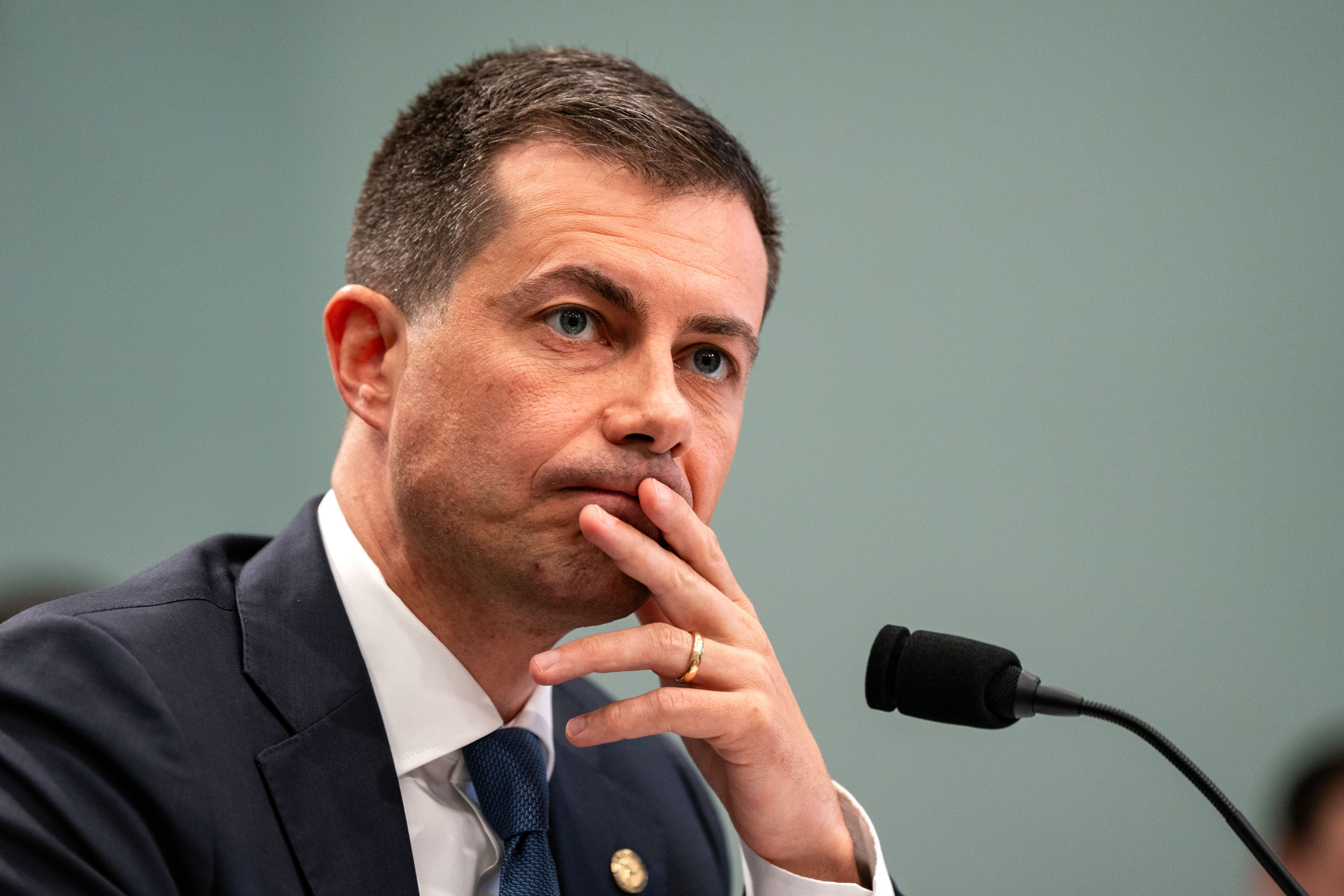Pfizer will be conducting a three-dose study of its COVID vaccine after 2- to 4-year-olds showed a lower immune response than expected to the regular two doses.
The drugmaker announced its plans Friday. Along with its partner BioNTech, the companies said they plan to apply for emergency authorization in the first half of 2022 if the three-dose study is successful.
Pfizer is testing a dose of just 3 micrograms, or a tenth of an adult dose, for children younger than 5.
Researchers examined a subset of young children in a study a month after they received their second dose to see if they produced similar levels of virus-fighting antibodies to teens and young adults that obtained their vaccinations.
While the small dose seemed to work in children younger than 2, as they produced similar antibody levels, the levels were lower than the study required in 2- to 4-year-olds, said Pfizer vaccine chief Kathrin Jansen during a call with investors Friday.
Instead of increasing the dose for young children, Pfizer will expand the study to analyze three of the 3 microgram-doses in its study participants, their ages ranging from 6 months to 5 years old. The third shot will be administered at least two months after the second dose.
Jansen also noted other data which showed a booster shot replenishing protection in people 15 and older, an increase that scientists hope will help combat the Omicron variant.
"Therefore, we have decided to modify each of the pediatric studies to incorporate a third dose to the series and seek licensure for a three-dose series rather than a two-dose series as originally anticipated," Jansen said, NBC News reported.
The companies said there have been no safety concerns mentioned in the study.

It's disappointing news for families anxious to vaccinate their tots. Pfizer had expected data on how well the vaccines were working in children under 5 by year's end, and it's not clear how long the change will delay a final answer.
A kid-sized version of Pfizer's vaccine already is available for 5- to 11-year-olds, one that's a third of the dose given to everyone else 12 and older.
The companies also are preparing to test a booster for 5- to 11-year-olds, who are just now getting their two-dose vaccinations. And they are testing different dose options for teen boosters.
Jansen said if the additional pediatric testing is successful, "we would have a consistent three-dose vaccine approach for all ages."
The Associated Press contributed to this report.

Uncommon Knowledge
Newsweek is committed to challenging conventional wisdom and finding connections in the search for common ground.
Newsweek is committed to challenging conventional wisdom and finding connections in the search for common ground.





